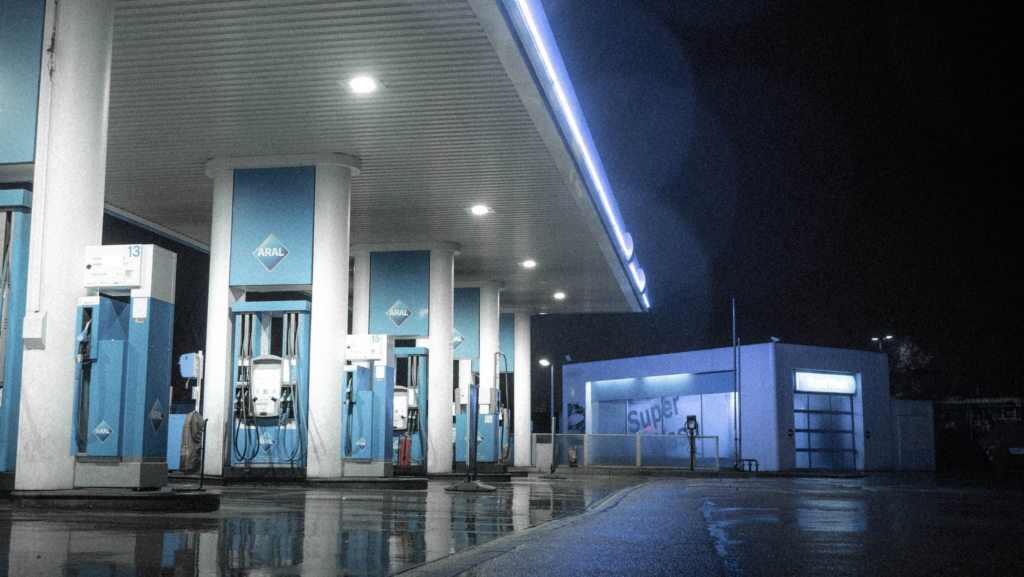
Michigan ballot measure to raise transportation & education funds goes down by a large margin

A Michigan bill that would have raised new money and overhauled how the state pays for transportation was defeated by huge margin Tuesday with 80 percent of voters rejecting the complicated proposal.
The bill would have eliminated the state’s fuel sales tax and raised the tax on wholesale gasoline sales to 41.7 cents per gallon (or 14.9 percent of a gallon of fuel’s base value, whichever is higher). This maneuver would have ensured that the entirety of the wholesale gas tax would have gone to transportation, compared to the current gas sales which does not.
To compensate for the loss of gasoline sales tax revenues currently going to municipalities and schools, the bill increased the sales tax on everything else statewide from six to seven percent and allocated the additional revenues to schools, local municipalities, and a tax break for low-income families.
The proposal would have also increased vehicle registration fees, commercial truck registration fees and would have instated a fee on electric vehicles.
While certainly disappointing to the supporters in Michigan, it reinforces the same lesson we’ve shared here regularly: transportation-related ballot measures have the best chance of passage when they are simple, specific and transparent about the money that will be raised and exactly where and how it will be spent. Voters have proven over and over again that they’ll support transportation ballot measures — if they meet some of those basic qualifications. Michigan’s measure surely suffered from the complexity and from the combination of education and transportation funding together into one proposal.
Some of the states still in play in 2015
Though there have been no new statewide funding packages passed since our last update here, other states are trying to bring transparency to the process of selecting transportation projects. Texas’s HB 20 tasks the TxDOT with creating “a performance-based planning and programming process” that would evaluate which transportation projects receive state money. Similarly, Louisiana’s HB 742 would require the Louisiana Department of Transportation and Development to rank projects according to a series of measures that highlight which projects are most vital to the state.
Also in Louisiana, the House’s tax committee approved two funding bills. The first would raise the state’s sales tax by one cent, with the proceeds going towards 16 designated transportation projects. The second bill would increase the gas tax ten cents, from 20 cents per gallon to 30.
The Missouri Senate gave initial approval to a 1.5-cents-per-gallon gas tax increase (3.5 cents per gallon for diesel). The state’s gas tax has been 17.3 cents per gallon since 1992. The bill stills needs one more vote in the Senate before going to the House. There are only two weeks left in the state’s legislative session and it is unclear whether they will vote on the bill before then.
In Minnesota, where we recently documented the state’s prevalence of structurally deficient bridges, both the House and the Senate have passed transportation-funding bills, but the two differ greatly. The Senate proposal raises new funds via a gas tax increase and a Twin Cities regional sales tax increase. The House’s version mostly shifts dollars around or borrows funds for transportation. The issue has been pushed aside as legislators must also hash out a state budget before the May 18th deadline.



